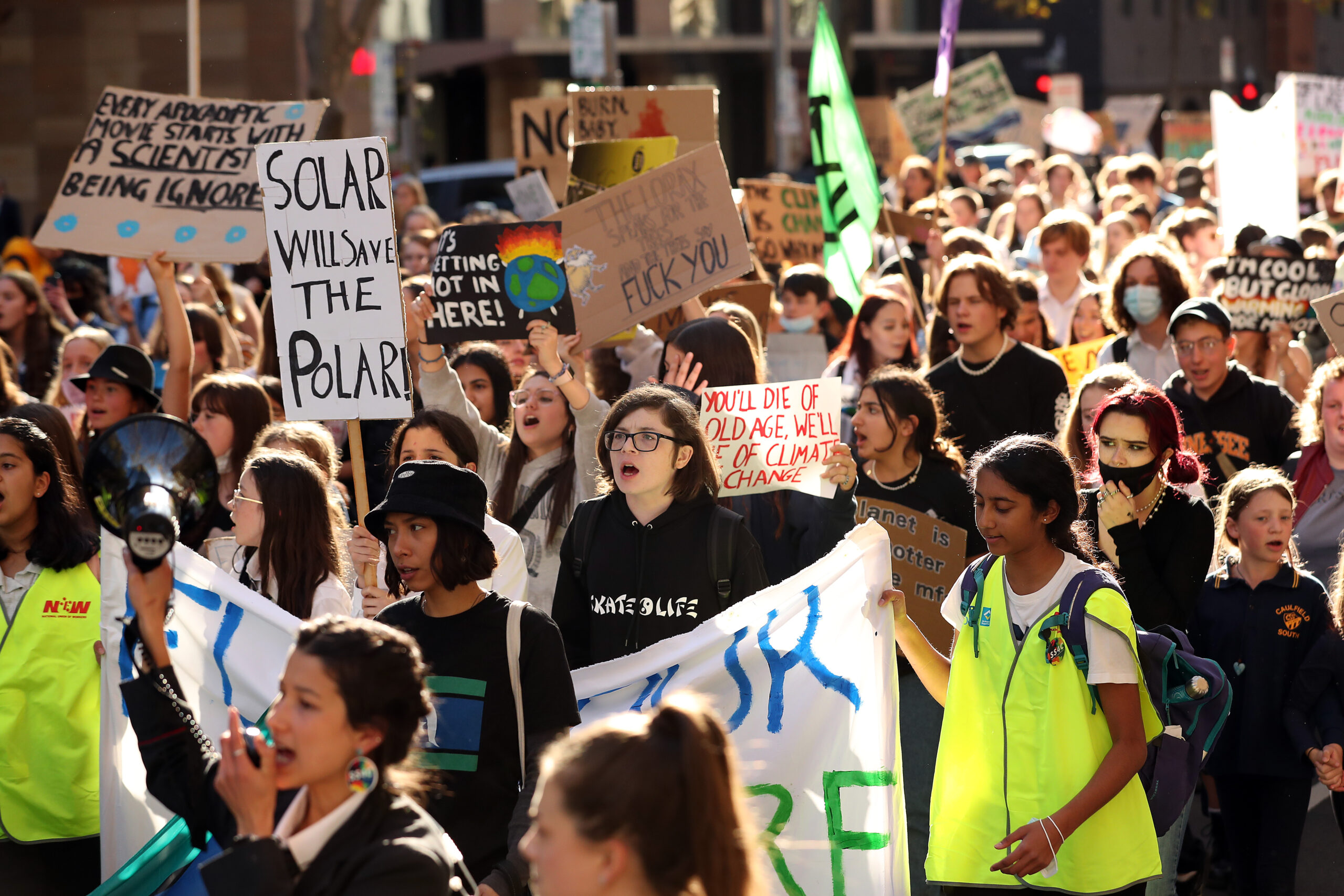Global warming is set to further radicalise existing terrorist groups or spawn new ones, as extremist ideologies become more appealing to communities subject to ever-harsher climate-induced conditions, says Strategic Intelligence Manager Matt Ince in The World Financial Review.
Businesses are increasingly looking to mitigate the day-to-day impacts of global warming, as floods, heatwaves, and wildfires threaten their operations. Yet they must also begin to take heed of the wider impact of climate change on security and stability, including its fuelling of terrorism and violent extremism. Failure to do so risks leaving them unprepared and, ultimately, exposed to terrorist-related violence.
While the actions of many extremist groups have diminished in recent years, climate-induced events have the potential to bring about a fresh wave of incidents in emerging markets around the world. Environmental stress is imposing huge socioeconomic pressures on vulnerable communities in these jurisdictions, the loss of livelihoods driving young people into the ranks of terror groups.
Of all the terrorist incidents and plots recorded by colleagues at Dragonfly over the past year, the vast majority occurred in countries that are already among the world’s most climate-vulnerable. Many are already fragile and beset by conflict. But climate stress can destabilise them even more.
Image: Protesters take part in the School Strike 4 Climate rally in Melbourne, Australia, on 21 May 2021. Photo by Graham Denholm/Getty Images.




